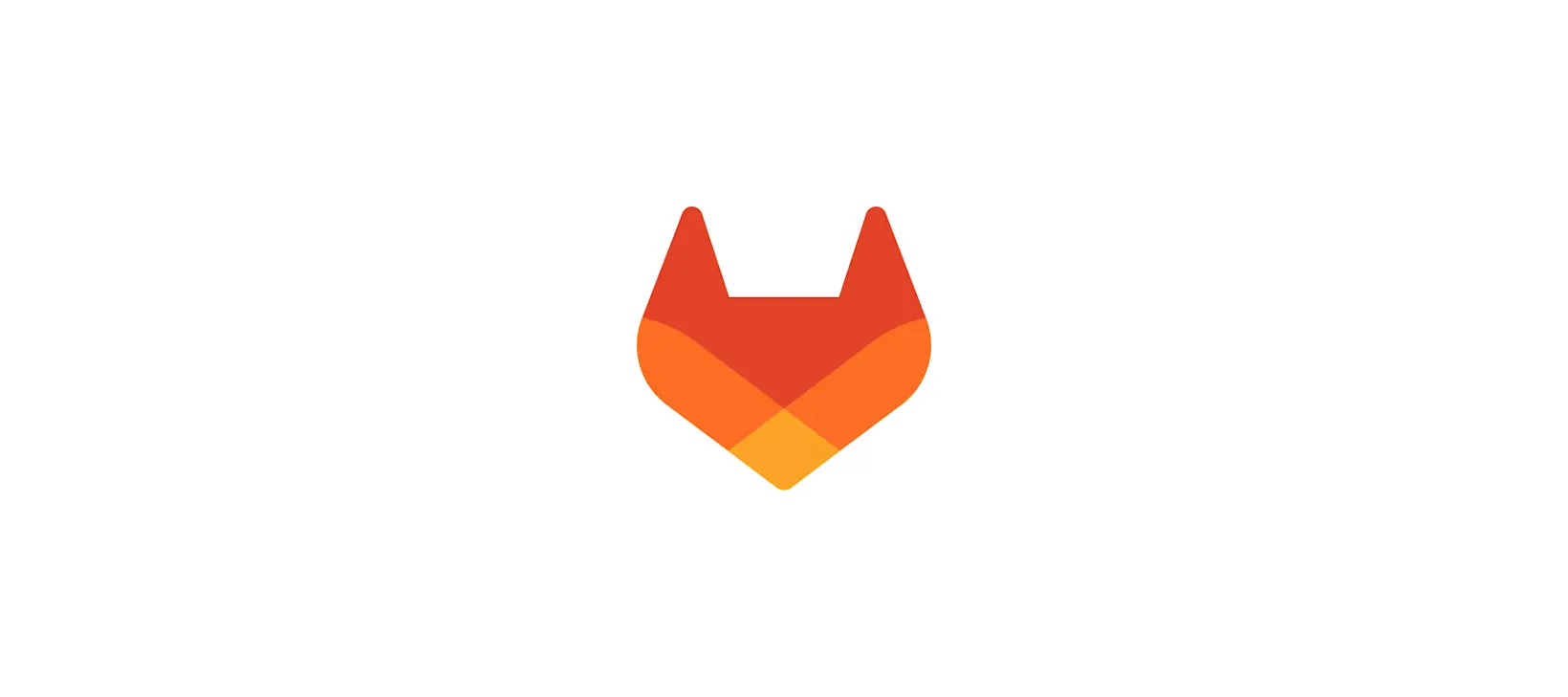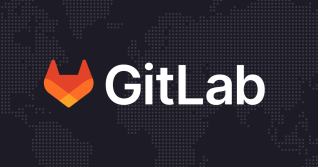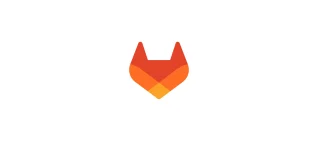2019-10-29 UPDATE: The following email is going out to all GitLab users:
Dear GitLab users and customers,
On October 23, we sent an email entitled “Important Updates to our Terms of Service and Telemetry Services” announcing upcoming changes. Based on considerable feedback from our customers, users, and the broader community, we reversed course the next day and removed those changes before they went into effect. Further, GitLab will commit to not implementing telemetry in our products that sends usage data to a third-party product analytics service. This clearly struck a nerve with our community and I apologize for this mistake.
So, what happened? In an effort to improve our user experience, we decided to implement user behavior tracking with both first and third-party technology. Clearly, our evaluation and communication processes for rolling out a change like this were lacking and we need to improve those processes. But that’s not the main thing we did wrong.
Our main mistake was that we did not live up to our own core value of collaboration by including our users, contributors, and customers in the strategy discussion and, for that, I am truly sorry. It shouldn’t have surprised us that you have strong feelings about opt-in/opt-out decisions, first versus third-party tracking, data protection, security, deployment flexibility and many other topics, and we should have listened first.
So, where do we go from here? The first step is a retrospective that is happening on October 29 to document what went wrong. We are reaching out to customers who expressed concerns and collecting feedback from users and the wider community. We will put together a new proposal for improving the user experience and share it for feedback. We made a mistake by not collaborating, so now we will take as much time as needed to make sure we get this right. You can be part of the collaboration by posting comments in this issue. If you are a customer, you may also reach out to your GitLab representative if you have additional feedback.
I am glad you hold GitLab to a higher standard. If we are going to be transparent and collaborative, we need to do it consistently and learn from our mistakes.
Sincerely,
Sid Sijbrandij
Co-Founder and CEO
GitLab
2019-10-24 UPDATE: We've heard your concerns and questions and have rolled back any changes to our Terms of Service. We’re going to process the feedback and rethink our approach. We will not activate user level product usage tracking on GitLab.com or GitLab self-managed before we address the feedback and re-evaluate our plan. We will make sure to communicate our proposed changes prior to any changes to GitLab.com or self-managed instances, and give sufficient time for people to provide feedback for a new proposal. We'll work in this issue.
Four years ago, there was a guest blog post and discussion about free software and GitLab. That discussion has continued to inform GitLab’s free software philosophy for years and has served as a guiding light for making decisions on how we strike an appropriate balance in our open core strategy. On one hand, we value results and we believe an open core model is the best path to achieve that. It also means making our products better as fast as possible for our customers and users. On the other hand, we want to make sure that users who prefer using only free software can have a positive GitLab experience, as open source communities are important to GitLab.
To make GitLab better faster, we need more data on how users are using GitLab. SaaS telemetry products, which provide analytics on user behavior inside web-based applications, have come a long way in the past few years. They are an important tool for rapidly improving user experiences because you can understand what users are doing (or not doing) in the app. GitLab has a lot of features, and a lot of users, and it is time that we use telemetry to get the data we need for our product managers to improve the experience.
Most of these tools use JavaScript snippets (similar to Google Analytics) that execute in the user’s browser and send information back to the telemetry service. While there are open source options, the leading commercial telemetry solutions often use proprietary JavaScript snippets. For a majority of users, disclosure of JavaScript usage in a privacy policy, along with describing how we are going to use the data, may be sufficient. But we also recognize that users who prefer only free software may have concerns.
So, we are planning some changes that I will describe below. But rest assured, a very important thing is not changing: GitLab Community Edition will continue to be free software with no changes. If you want to install your own instance of GitLab without proprietary software, GitLab Community Edition (CE) remains a great option, as it is licensed under the MIT License. Many open source software projects use GitLab CE for their SCM and CI needs, and nothing is changing with GitLab CE.
Planned changes
GitLab.com (GitLab’s SaaS offering) and GitLab's proprietary Self-Managed packages (Starter, Premium, and Ultimate) will now include additional Javascript snippets (both open source and proprietary) that will interact with both GitLab and possibly third-party SaaS telemetry services (we will be using Pendo). We will disclose all such usage in our privacy policy, as well as what we are using the data for. We will also ensure that any third-party telemetry service we use will have data protection standards at least as strong as GitLab, and will aim for SOC2 compliance (Pendo is SOC2 compliant).
In order to service the needs of GitLab.com and GitLab Self-Managed users who do not want to be tracked, both GitLab.com and GitLab Self-Managed will honor the Do Not Track (DNT) mechanism in web browsers. This means that, if you turn on Do Not Track in your browser, GitLab will not load the JavaScript snippet. The only downside to this is that users may also not get the benefit of in-app messaging or guides that some third-party telemetry tools have that would require the JavaScript snippet. Overall, we believe these changes will continue to help us achieve results in improving our product experience for users, while also giving choice to users who only want free software. Please let us know your thoughts.



